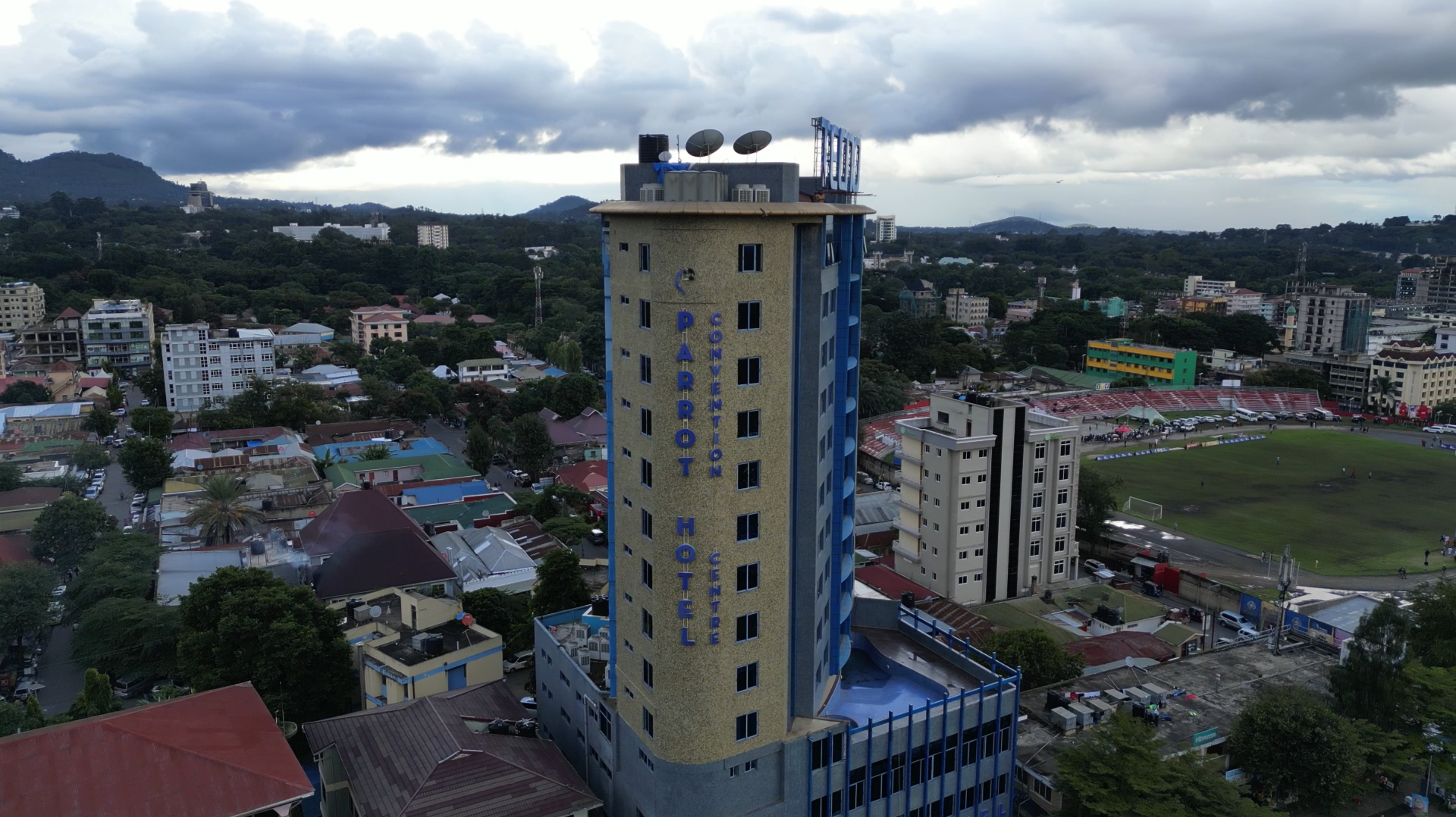Serengeti Migration Calendar
The Great Migration in the Serengeti is one of the most spectacular natural events in the world, involving over 1.5 million wildebeest, along with hundreds of thousands of zebras and gazelles. This annual cycle of movement follows a clockwise pattern across the Serengeti in Tanzania and the Maasai Mara in Kenya, driven by rainfall and the availability of grazing. Understanding the migration calendar can help travelers plan their safari to witness different stages of this incredible journey.

Migration Calendar
January – March: Calving Season
- Location: Southern Serengeti, Ndutu Region, and Ngorongoro Conservation Area
- Highlights: This period marks the calving season, with over 500,000 calves born within a few weeks. The abundance of newborns attracts numerous predators, offering dramatic scenes of predator-prey interactions. The lush plains provide ample grazing for the herds.
April – May: The Long Rains
- Location: Moving from the Southern to Central Serengeti
- Highlights: As the rains begin, the herds start to move northward. The landscape transforms into a verdant paradise, making it a beautiful time for photography. However, travel can be challenging due to muddy conditions.
June – July: Grumeti River Crossing
- Location: Western Corridor and Grumeti Reserve
- Highlights: The herds face the first major obstacle—the Grumeti River. This period is characterized by dramatic river crossings, where wildebeest brave crocodile-infested waters. It’s a thrilling time for observers.
August – September: Mara River Crossing
- Location: Northern Serengeti and Maasai Mara (Kenya)
- Highlights: One of the most famous and perilous stages of the migration, the Mara River crossing involves huge herds plunging into the river, facing strong currents and predators. This event is a bucket-list experience for many safari-goers.
October – November: Northern Serengeti to Eastern Serengeti
- Location: Northern Serengeti to Eastern Serengeti and Loliondo
- Highlights: After crossing the Mara River, the herds move back towards the Serengeti. This period is less chaotic but offers excellent game viewing opportunities as the herds spread out and graze.
December: Return to Southern Serengeti
- Location: Southern Serengeti, Ndutu Region
- Highlights: The herds complete their cycle, returning to the southern plains as the short rains begin. This time sets the stage for the next calving season, with lush green pastures and a high concentration of wildlife.

The Serengeti Migration is a dynamic and continuous process, offering unique experiences throughout the year. Whether you’re looking to witness the birth of wildebeest calves, the drama of river crossings, or the sheer scale of the herds grazing across the plains, understanding the migration calendar can help you plan the perfect safari. This natural wonder showcases the incredible biodiversity and resilience of wildlife in East Africa, making it a must-see for any nature enthusiast.
Recent Posts
- All Post
- African Big Five
- Safari Blog
- Serengeti Migration
- Tanzania Safari



A Journey to the Heart of Africa
Join us on an unforgettable adventure to Tanzania's national parks and game reserves. Our expert guides will lead you on a thrilling journey to spot African Animals and experience the beauty of African culture and the majesty of Africa's wildlife.�
